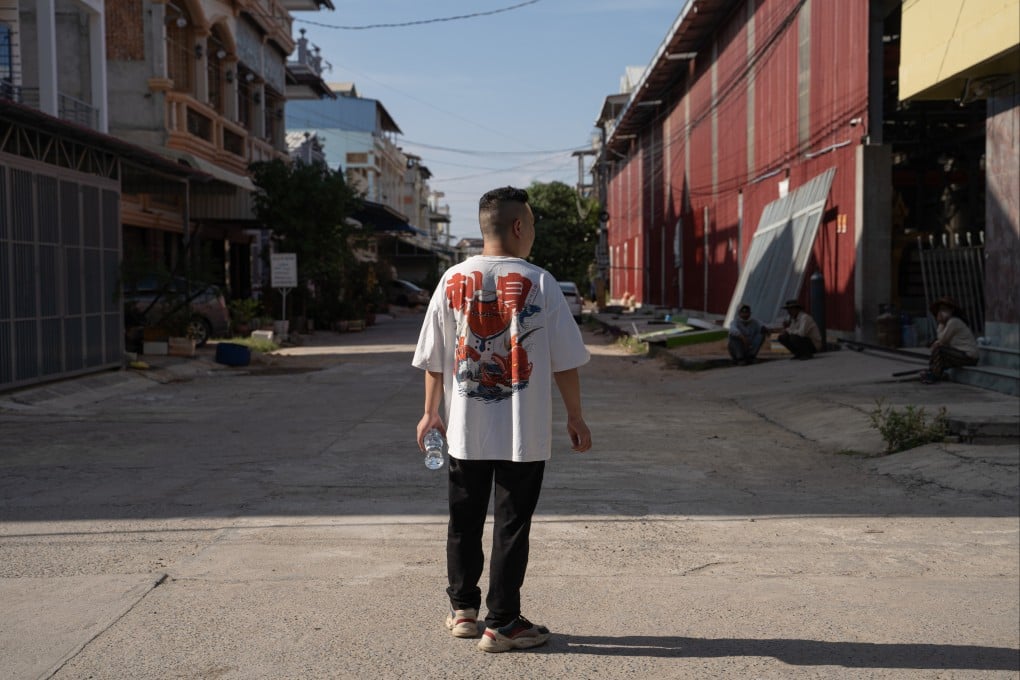Online fraud: how Chinese nationals forced to run internet scams in Cambodia earn millions for their captors, sometimes paying with their lives
- Lured or trafficked to Cambodia with promises of lucrative jobs, victims instead find themselves worked relentlessly by brutal bosses fleecing people online

Sixteen-year-old Guizhou native Guo Ying had just finished eating dinner one evening last February when her best friend announced that the car taking them to work further south in China had arrived.
Recruited on social media by someone her friend had met while gaming, the teens had little information about the job and were initially reluctant to get into the vehicle. The young women, who lived independently from their families, knew only that it involved typing, a skill both had perfected while playing games online.
“We didn’t think too much about asking what kind of job it was and somehow we ended up going,” says Guo, a petite teenager sporting waist-long pink hair, whose name has been changed for her safety.
Upon arrival at the purported destination, in the mountainous Guangxi region, the two were joined by four other women, unaware they were being trafficked to a country they had never heard of. Their handlers casually told them to keep on walking over the jagged terrain.
“While we were climbing the mountain I already started regretting coming with them,” Guo says. Trekking through the night, the group crossed the border into Vietnam, where they were later bused across the peninsula to the southwestern port city of Sihanoukville, in Cambodia.
Once there, imprisoned in a casino complex, Guo was not allowed to leave the building, and was forced to perpetuate online scams targeting Chinese nationals, amid insults and threats from her captors. On several occasions, she saw a supervisor handcuff and beat another woman who performed poorly at work. “I was scared the same thing would happen to me the next second,” she says.
